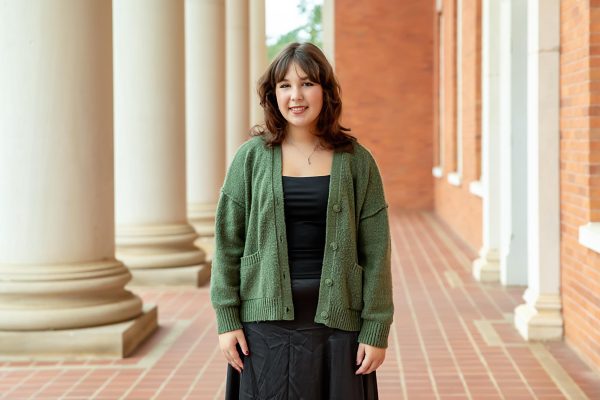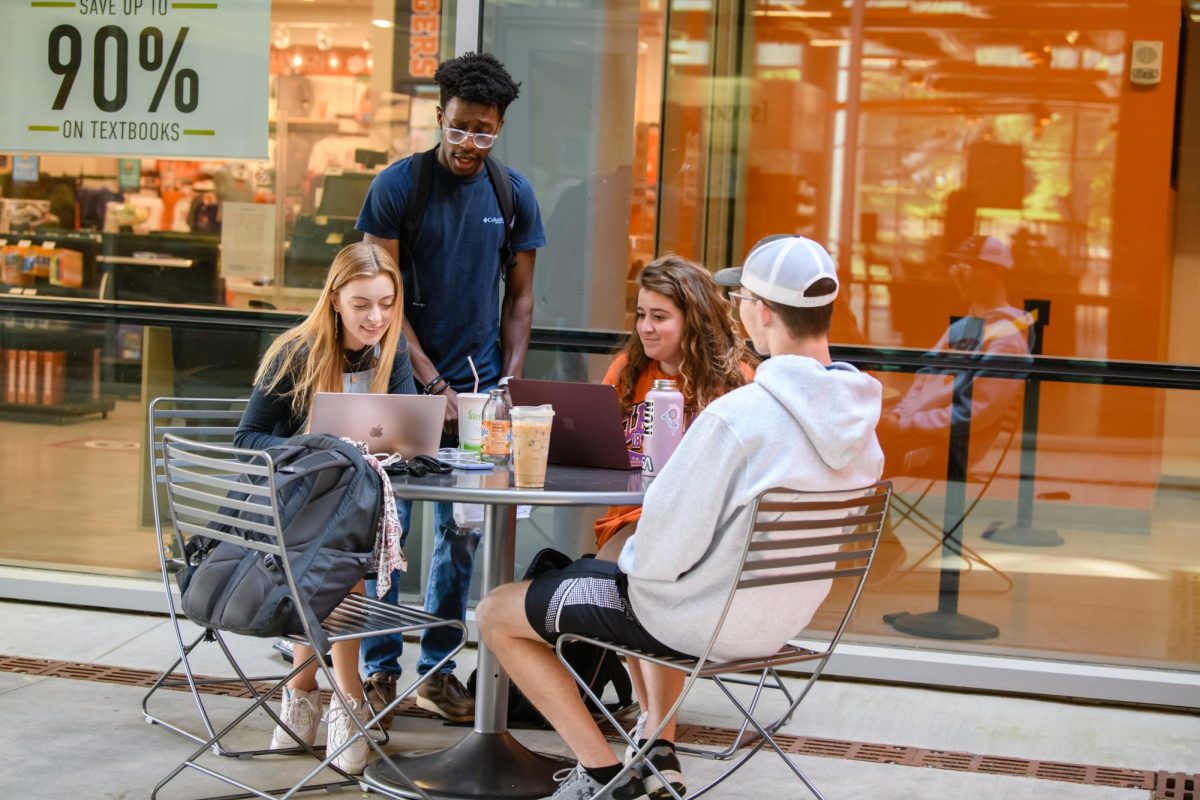In the age of media, from seeing friends posting or talking about their scores on a recent exam to seeing an influencer post their life on social media, the mentality of perfectionism is something that is always on our minds.
“Perfectionists have an all-or-nothing mindset that’s propelled by a crippling fear of failure,” Elizabeth Lombardo, Ph.D., clinical psychologist and author of “Better Than Perfect: 7 Strategies to Crush Your Inner Critic and Create a Life You Love” says.
Perfectionism is a toxic cycle that people — predominantly Generation Z — experience of seeing an “ideal life,” wanting to be as perfect and eventually failing, which leads to more feelings of wanting to be perfect.
Perfectionism is defined as “the tendency to demand of others or of oneself an extremely high or even flawless level of performance, in excess of what is required by the situation,” according to the American Psychological Association.
We always want to do better so that we appear smarter or cooler, but this idea of perfection is simply not attainable. Holding yourself to this impossible standard is setting yourself up for perpetual failure.
In essence, perfectionism is slowly killing us. In 2021, a study done by The National Library of Medicine asked 356 adults who had been diagnosed with anxiety or a disorder related to anxiety about their perfectionistic thoughts.
The study found that most participants agreed with statements such as “I have to be the best,” “No matter how much I do, it’s never enough,” and “My work should be flawless.” These perfectionist thoughts, researchers found, are directly related to people who report symptoms of GAD or generalized anxiety disorder.
Perfectionism is a negative mindset, and it takes time to overcome this mindset. It never completely goes away, but it is important to understand that we don’t have to be perfect. It’s okay to have flaws; we will never measure up to the life that influencers show on social media because that isn’t real, either. We won’t always get perfect grades on every exam because we are human, and we have limits.
Lauren Douda is a freshman secondary education and English major from Lexington, South Carolina. Lauren can be reached at [email protected].










